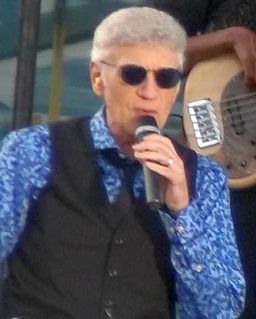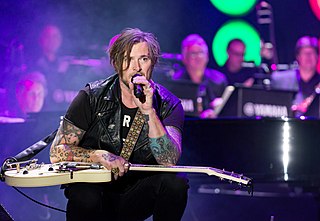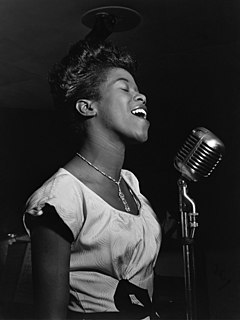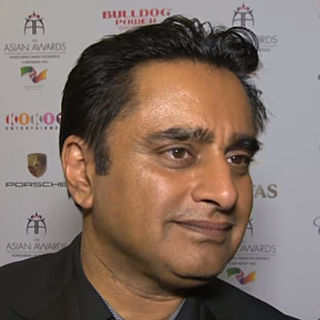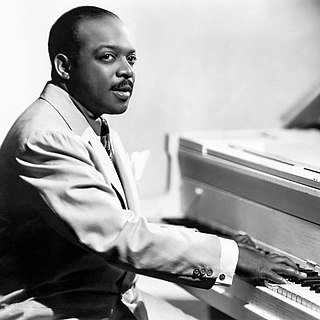A Quote by Dennis DeYoung
My voice doesn't sound like anyone else's. I wanted to sound like my favorite singers when I was young because when you're young you don't put much value on uniqueness. But later I realized I had something special to offer.
Related Quotes
In the past, I've written my songs and then asked friends if they could record the vocals. I didn't want to use my own voice, because other people have much better voices. I was hearing the music with a voice that I don't have. It was a case of pulling whatever resources I had to get the sound I wanted, but that doesn't take anything away from the authorship. They are songs written by me that sound the way I want them to sound. Whether it's my voice or someone else's doesn't make a difference to the music.
When your 18th, 19, 20 years old like we were at that time, its just like anyone else, you look at like Silverchair and bands like that that are super young and sound extremely derivative of bands that were out at that current moment. As they sounded like 'Nirvana in pajamas' as we called them, we sounded like Bon Jovi and Skid Row and Motley Crue, because we were only influenced by what was out at the time because we were so young
I loved the idea of recording. The idea of sound-on-sound-recording captured me as a young kid, and once I realized what it was I had an epiphany. Before I was even playing the guitar, I would create these lists of how I would record things and overdub them, like Led Zeppelin song, 'I could put this guitar on this track...' and so on.
I think, when you're a young composer, you're told constantly that what you're supposed to do is figure out what your voice is. "What is your thing supposed to sound like?" You know: "What's the thing you do," that everyone can recognizably tell from a long distance is you and then you're supposed to be in search of that marker and you're supposed to find it and you're supposed to live there for the rest of your life. And it seemed to me, from a young age, that was what I was encouraged to do. You find a sound and that's your sound! That's what you do.
If you ever see young artists, and they're not sounding good, they sound good. They're good singers. They wouldn't be where they are if they didn't sound good. It's their nerves. Any time you see your favorite artist, and he's or she's screwing up or not hitting those notes, it's not because she can't hit it or she can't sing; he or she is scared.
I got into dialogue because my parents began taking me to see plays from when I was very young. Too young, often, to understand the play I was watching: Who's Afraid Of Virginia Woolf when I was nine years old; That Championship Season when I was ten years old. But I loved the sound of dialogue; it sounded like music to me and I wanted to imitate that sound.
It [my vocal] didn't sound like what I wanted to hear; the vibrato isn't what I liked anymore. So I got myself to an ear, nose and throat guy who does a lot of work with singers, and I was hoping there was a big wart on my vocal cords or something and they could scrape it off and I could have the voice I wanted. But he said, "No, for 71, that's your voice."
